
The brass tube industry is steadily developing, and the future prospects of brass tube factories are on the rise
With the increasing global demand for high-quality, durable materials, the application of brass tube (brass tube) in various industrial sectors is also expanding. Brass tube is not only widely used for its excellent conductivity, corrosion resistance, and workability, but also, with technological advancements, the manufacturing process and quality standards of brass tube are constantly improving. This article will focus on the development trends of the brass tube manufacturing industry, especially the future prospects of brass tube factory.

Continued Growth in Market Demand
In recent years, with the continuous development of the construction, automotive, electronics, and home appliance industries, the demand for brass tube has continued to rise. In particular, in the new energy sector, brass tube is widely used in electrical connections, power equipment, and cooling systems. Furthermore, due to its superior mechanical properties and corrosion resistance, brass tube has become an indispensable material in buildings and automotive air conditioning systems.
Brass tube manufacturers are gradually realizing that with the growing demand for environmental protection and energy conservation, improving the quality and production efficiency of brass tubes is crucial to the industry's development. This not only enhances the market competitiveness of their products but also encourages companies to upgrade their technology and optimize their production processes.
According to Ocean Footprint research, brass, due to its unique metal composition, particularly its alloy ratio of copper to zinc, exhibits excellent corrosion resistance and workability, making it an indispensable component in electronics, construction, and machinery manufacturing. (Source: Ocean Footprint - Brass Metal Grades)
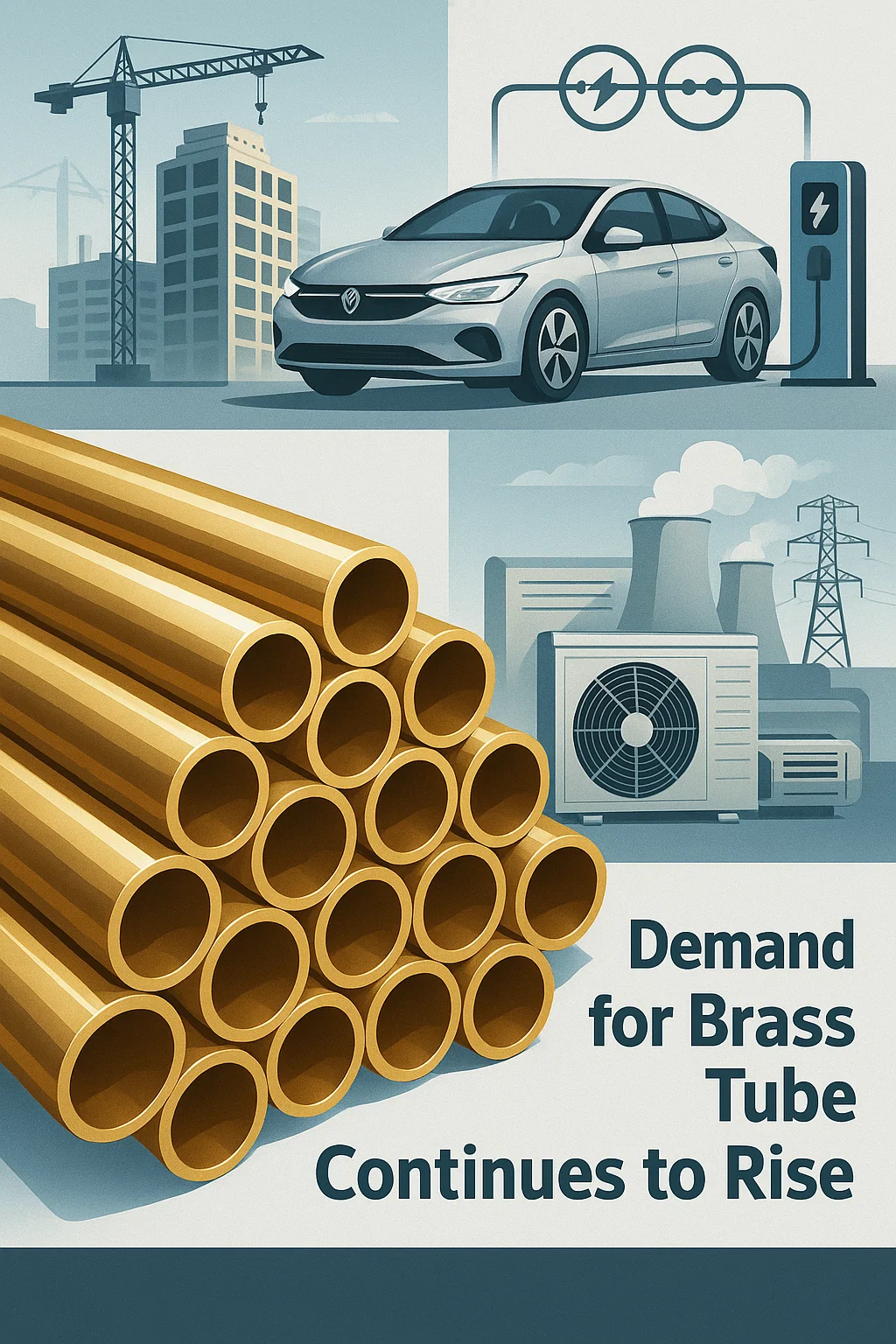
Technological Innovation Leads Industrial Upgrading
In the brass tube manufacturing industry, technological innovation is the core driving force behind the industry's continuous development. While traditional brass tube production processes still dominate, with the increasing penetration of high technology, more and more brass tube factories are adopting advanced precision processing techniques such as hot extrusion, cold rolling, and precision welding. These innovative technologies not only improve production efficiency but also further enhance the precision and performance of brass tubes.
For example, brass tubes with high-precision control can operate under higher pressures, extending their service life and reducing failures caused by corrosion or wear. These technological advancements have led to a wider application of brass tubes in demanding applications, such as high-pressure systems and aerospace.
|
Technology |
Innovation/Technique |
Impact & Benefits |
|
Hot Extrusion |
Hot extrusion technique for shaping brass tubes under high temperatures. |
Increased precision, improved surface finish, and reduced production time. |
|
Cold Rolling |
Cold rolling for enhanced tube strength and surface quality. |
Improved mechanical properties, enhanced dimensional accuracy, and superior surface finish. |
|
Precision Welding |
High-precision welding techniques for creating seamless brass tubes. |
Higher pressure resistance, improved durability, and reduced failures. |
|
High-Precision Control |
Advanced control systems to monitor and regulate tube production parameters. |
Enhanced production efficiency, improved product consistency, and reduced material waste. |
|
Automation & Digitalization |
Integration of automated production lines and digital monitoring systems. |
Increased efficiency, reduced human error, and enhanced quality control. |
The Impact of Environmental Regulations on Brass Tube Manufacturers
With growing global environmental awareness, many countries and regions have begun to introduce stricter environmental regulations, particularly in industrial production. These regulations place higher demands on brass tube factories' production methods, particularly in terms of energy consumption, exhaust emissions, and water resource utilization.
Many brass tube manufacturers have begun investing in green production technologies, promoting energy conservation and emission reduction, the use of clean energy, and waste recycling. These measures not only help companies reduce production costs but also help them remain competitive in a market characterized by increasingly stringent environmental requirements.
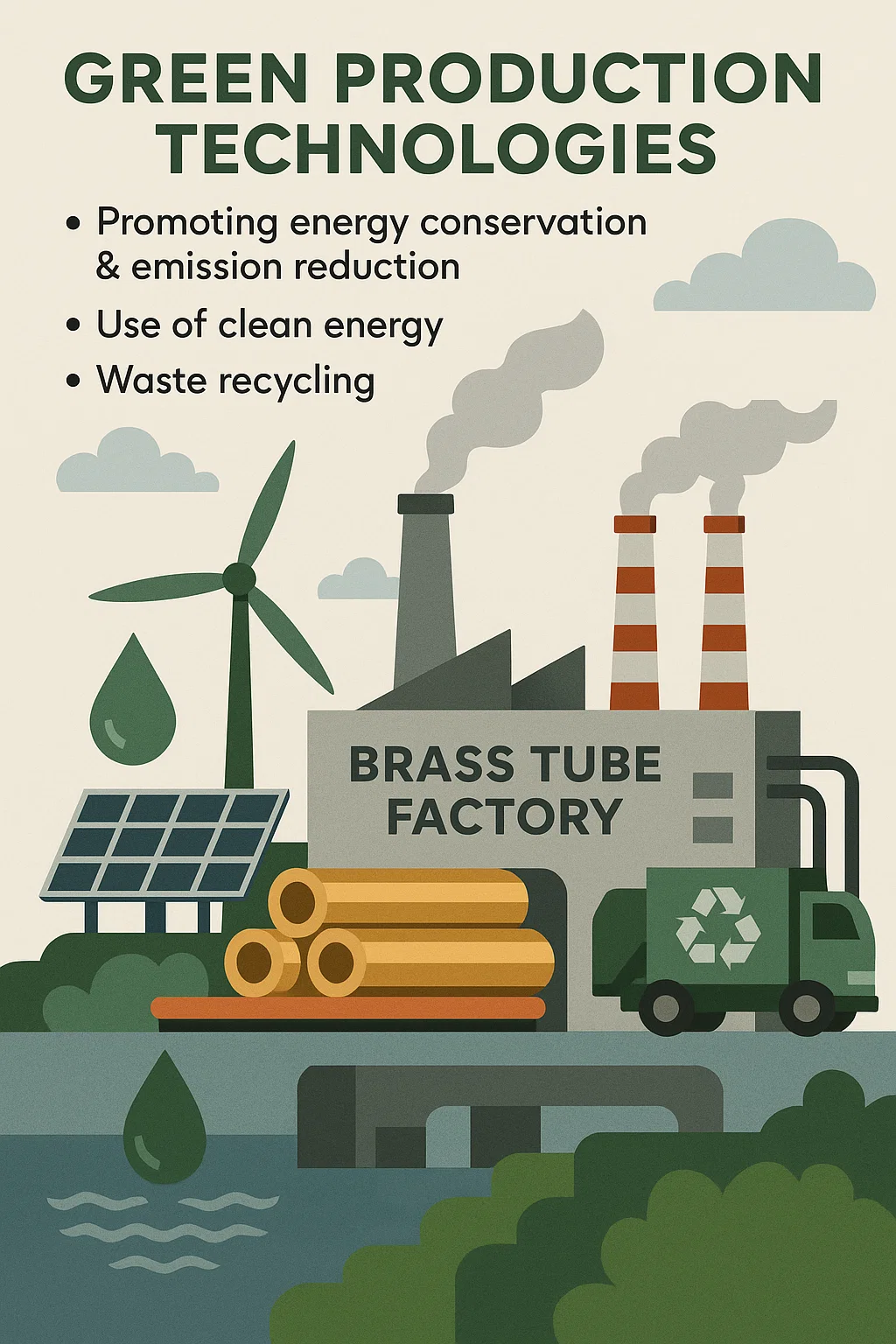
Globalization and Market Expansion
Brass tube manufacturers are gradually expanding into global markets, particularly in Asia, Europe, and North America. As the world's largest producer and consumer of brass tubes, China has become a key link in the global brass tube industry chain. By continuously improving product quality and innovating, many domestic brass tube manufacturers are now able to meet international market demand.
With the advancement of the Belt and Road Initiative, Chinese brass tube manufacturers have also begun actively entering the Southeast Asian, African, and Latin American markets. By continuously optimizing their production capacity and improving their technology, these companies have not only expanded their market share but also further promoted the coordinated development of the global brass tube industry.

Future Outlook for Brass Tube Factories
Looking ahead, the brass tube industry will continue to benefit from the growth of emerging markets and technological innovation. Future brass tube factories will place greater emphasis on intelligent manufacturing and digital transformation, promoting the adoption of automated production lines to achieve more efficient production and more precise quality control. Furthermore, as the concept of sustainable development becomes more widely accepted, the research and development and production of environmentally friendly brass tubes will become a mainstream trend.
With the continuous development of the global economy and industrialization, brass tubes, as a key basic material, will inevitably play an even more critical role in a wider range of applications. For brass tube manufacturers, keeping pace with industry trends and continuously pursuing technological innovation and product upgrades will be key factors in winning the market.
Product Category
Related news
-
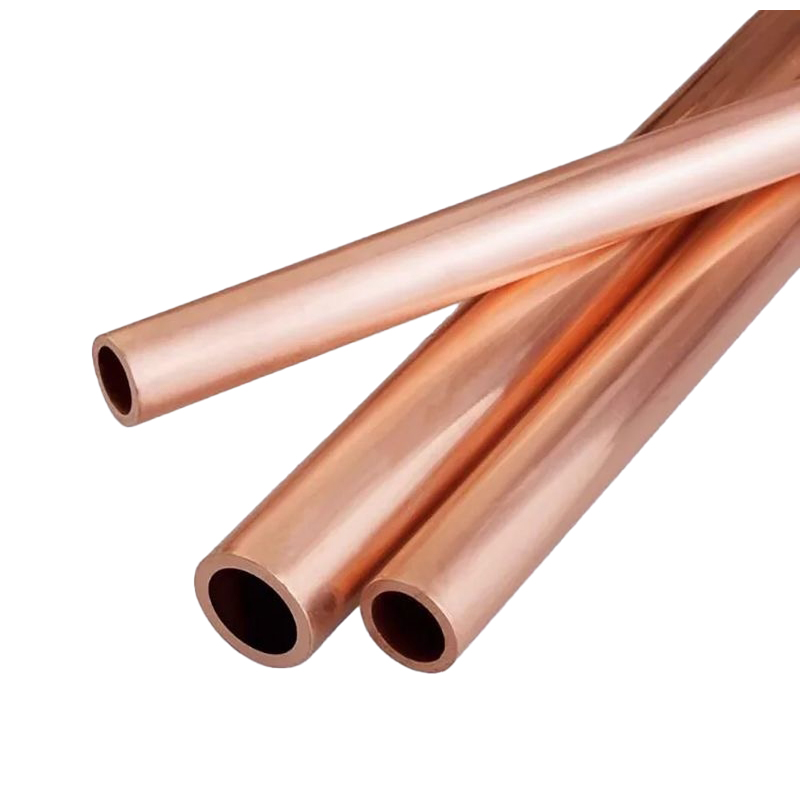
What is a thick-walled copper tube? Thick-walled copper tube, also known as seamless thick-walled copper tube, is a high-performance metal tube made o...
See Details -
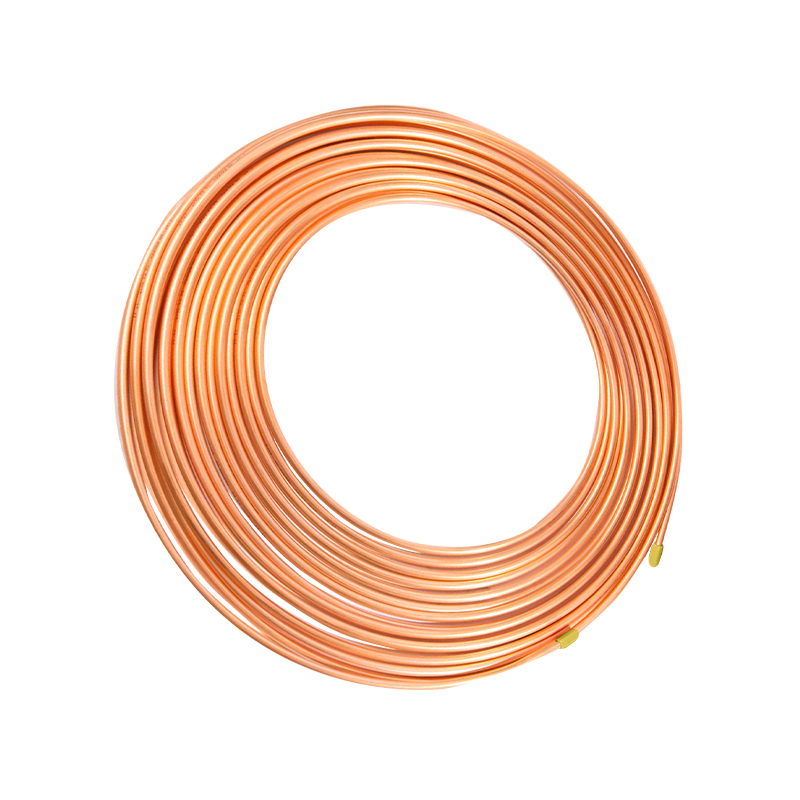
Overview and Importance of Copper Capillary Tube In modern industrial equipment and precision control systems, miniaturization and high precision have...
See Details -
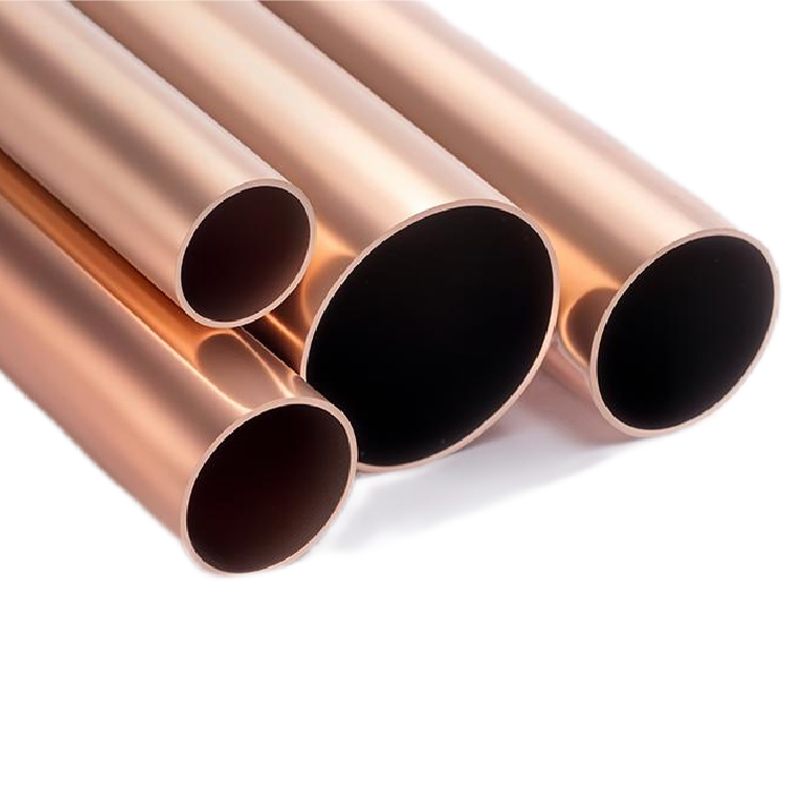
What is a copper tube? Analysis of material composition and basic characteristics Definition of copper tube Copper tube is a tubular object made of co...
See Details -

Understanding Copper Square Tubes: Composition, Grades, and Typical Applications Copper square tubes are specialized extrusions that combine the super...
See Details

 English
English Español
Español 中文
中文